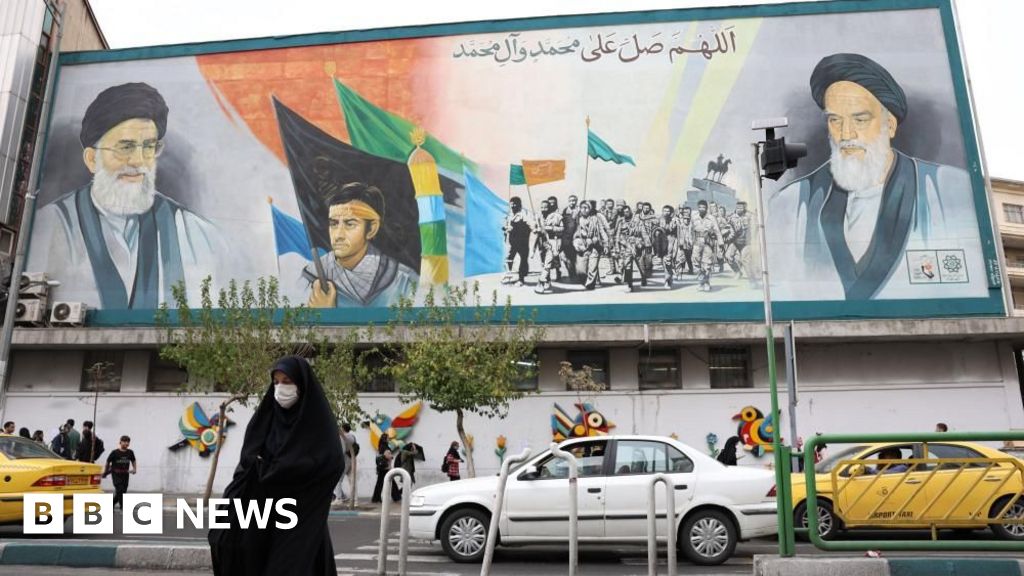Israel has set the pace of escalation since the spring. It sees Iran as the crucial backer of the Hamas attacks that killed about 1,200 people – Israelis and more than 70 foreign nationals – on 7 October last year. Fearing that Israel was looking for a chance to strike, Iran signalled repeatedly that it did not want a full-on war with Israel.
That did not mean it was prepared to stop its constant, often deadly, but lower-level pressure on Israel and its allies.
The men in Tehran thought they had a better idea than all-out war. Instead, Iran used the allies and proxies in its so-called “axis of resistance” to attack Israel. The Houthis in Yemen blocked and destroyed shipping in the Red Sea. Hezbollah rocket fire from Lebanon forced at least 60,000 Israelis from their homes.
Six months into the war, Israel’s retaliation forced perhaps twice as many Lebanese from their homes in the south, but Israel was prepared to do much more. It warned that if Hezbollah did not hold its fire into Israel and move back from the border it would take action.
When that did not happen, Israel decided to break out of a battlefield that had been shaped by Iran’s limited, but attritional war. It landed a series of powerful blows that threw the Islamic regime in Tehran off balance and left its strategy in tatters. That is why, after the latest Israeli strikes, Iranian leaders have only hard choices.
Israel interpreted Iran’s reluctance to fight an all-out war as weakness, and upped the pressure both on Iran and its axis. Prime Minister Benjamin Netanyahu and Israel’s commanders could afford to take risks. They had President Joe Biden’s unequivocal support, a safety net that came not just in the shape of massive deliveries of munitions, but with his decision to send significant American sea and air reinforcements to the Middle East to back up the US commitment to defend Israel.
On 1 April an Israeli airstrike destroyed part of Iran’s diplomatic compound in Damascus, the Syrian capital. It killed a top Iranian commander, Brig Gen Mohammed Reza Zahedi, along with other senior officers from the Iran’s Islamic Revolutionary Guard Corps (IRGC).
The Americans were furious that they had not been warned and given time to put their own forces on alert. But Joe Biden’s support did not waver as Israel faced the consequences of its actions. On 13 April Iran attacked with drones, cruise and ballistic missiles. Most were shot down by Israel’s defences, with considerable help from armed forces of the US, UK, France and Jordan.
Biden apparently asked Israel to “take the win” hoping that might stop what had become the most dangerous moment in the widening Middle East war. When Israel confined its response to a strike on an air defence site, Biden’s plan seemed to be working.

